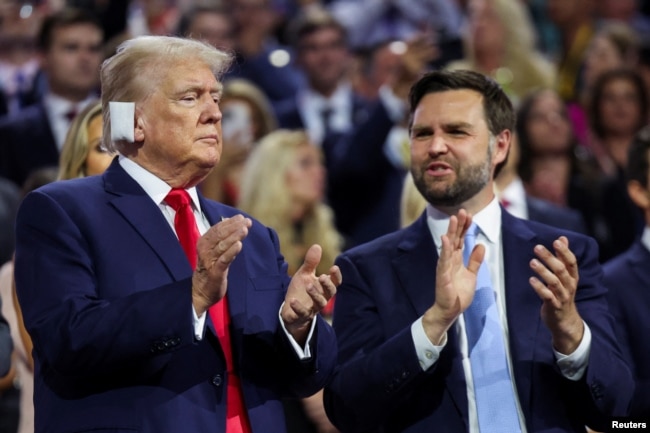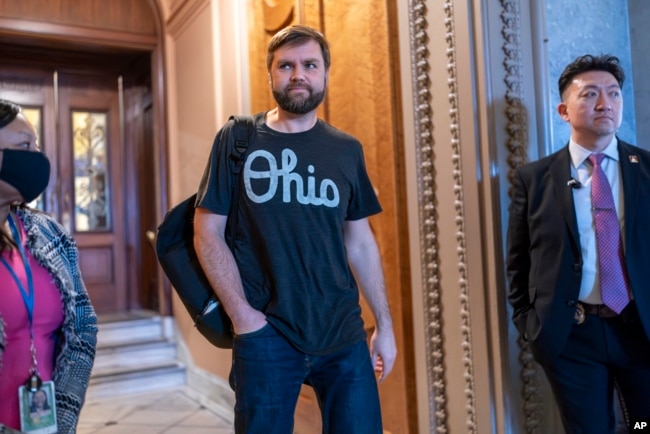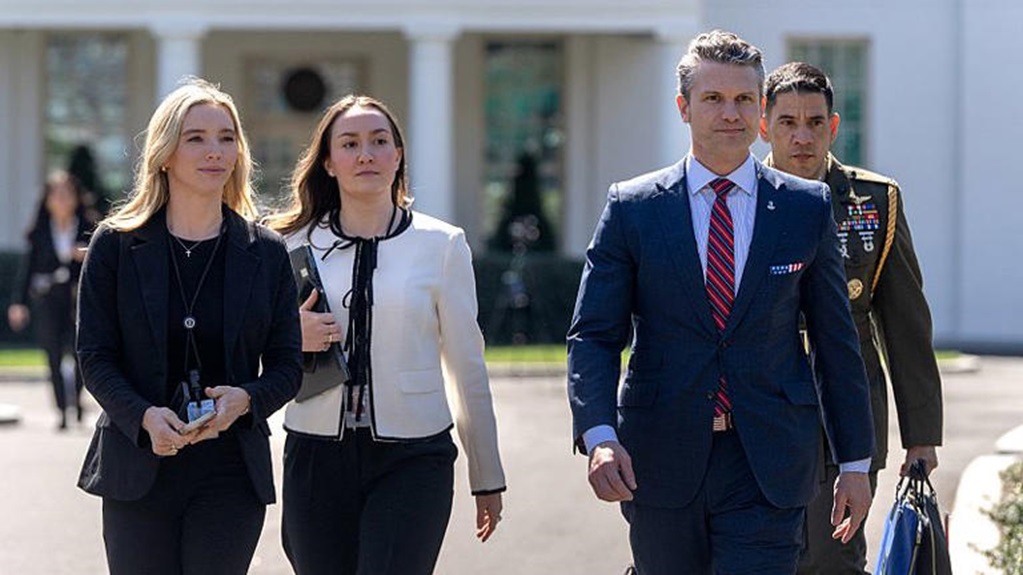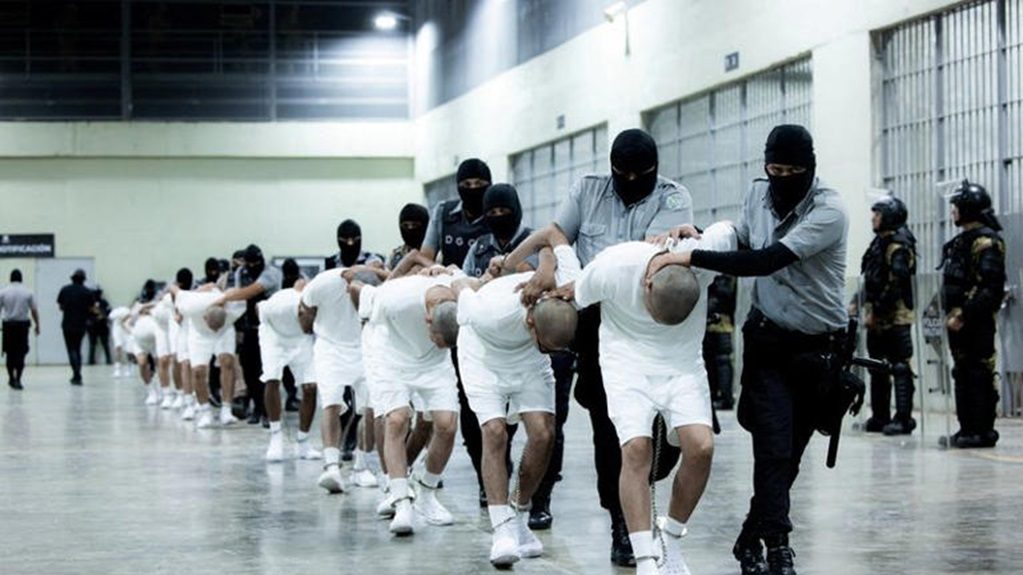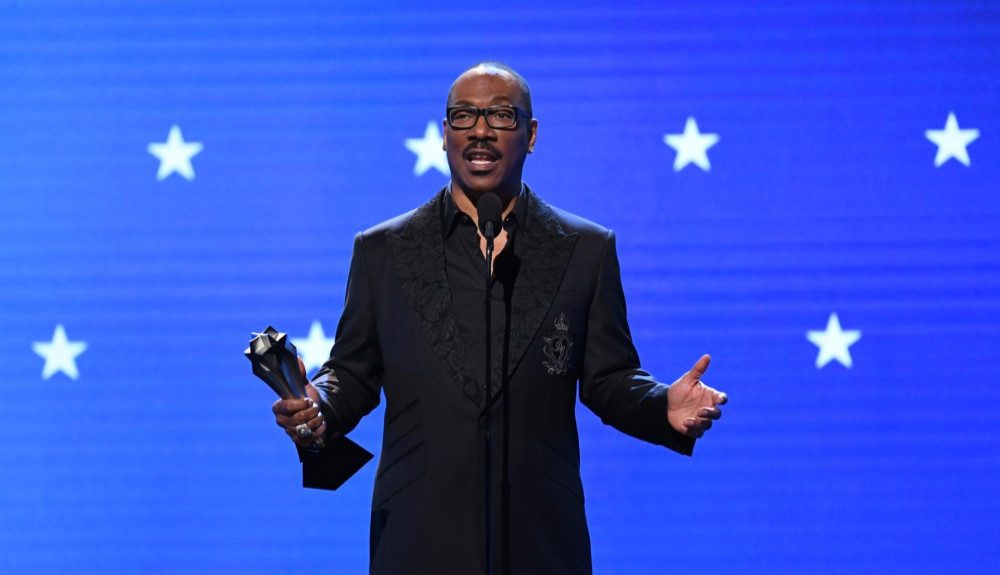Trump’s VP pick Vance is pro-Israel, anti-China and creating anxiety in Europe
Written by worldOneFm on July 18, 2024
WASHINGTON — Senator J.D. Vance, former President Donald Trump’s newly announced running mate, took center stage with the keynote speech at the Republican National Convention Wednesday night, focusing on the day’s national security and foreign policy theme “Make America Strong Again.”
Heaping praise on Trump, Vance officially accepted his party’s nomination to be their vice presidential candidate.
“President Trump represents America’s last best hope to restore what, if lost, may never be found again,” he said. “A country where a working-class boy born far from the halls of power can stand on this stage as the next vice president of the United States of America.”
In his speech, Vance spoke extensively about the threat of China but made no mention of the Russian invasion of Ukraine and the war in Gaza. However, in a nod to the so-called Reaganite Republicans who support American interventionism and whose views on Ukraine clash with his own, he appealed for “a party that is unafraid to debate ideas.”
The 39-year-old former venture capitalist has less than two years in public office and little foreign policy background. His recent comments mostly align with Trump’s America First doctrine and have revealed a worldview that can be summed up as pro-Israel, anti-China and causing anxiety in Europe.
A former U.S. Marine who was deployed in Iraq, Vance is skeptical of American military intervention overseas and, with the exception of Israel, largely opposes foreign aid. He has argued that the United States can’t simultaneously support Ukraine and the Middle East and be ready for contingencies in East Asia.
“It just doesn’t make any sense,” he said in February at the Munich Security Conference. “The math doesn’t work out in terms of weapons manufacturing.”
However, Vance is not an isolationist, as some have described him, said Emma Ashford, senior fellow with the Reimagining U.S. Grand Strategy program at the Stimson Center.
In a recent speech at the Quincy Institute for Responsible Statecraft, Vance defined his foreign policy goals.
“We want the Israelis and the Sunnis to police their own region of the world. We want the Europeans to police their own region of the world, and we want to be able to focus more on East Asia,” he said.
“You could call him either a realist or perhaps a prioritizer,” Ashford told VOA.
That’s a strong contrast from Biden administration policymakers “who argue that every region is interconnected, and the U.S. has to lead in all of them,” she added. “And it’s definitely a break from the post-Cold War foreign policy in the U.S.”
Yet, Vance’s aim for the United States to pull away from Europe and the Middle East to focus on China is neither new nor uniquely Republican. In fact, former President Barack Obama pursued a Pivot to Asia doctrine from 2009 to 2017.
That pivot has yet to happen, as the U.S. has become bogged down by conflicts in both Europe and the Middle East.
Less support for Ukraine
In terms of priorities, Vance is aligned with Trump’s insistence that Washington reduce support for Ukraine and force Europeans to play a bigger role in the continent’s own security.
“I do not think that Vladimir Putin is an existential threat to Europe,” Vance said in Munich, sending shock waves through European diplomatic circles. He added that Kyiv should pursue a “negotiated peace” with Moscow even if that means ceding territory.
That prompted criticism from John Herbst, a former U.S. ambassador to Ukraine who is now senior director of the Atlantic Council’s Eurasia Center. Vance is “completely naive on Putin’s Russia,” Herbst told VOA.
With Trump suggesting he would not protect countries that failed to meet NATO’s defense spending targets, even appearing to encourage Putin to attack them, and Vance’s criticisms of Ukraine, the prospect of a Trump-Vance administration has sparked alarm across Europe.
However, Herbst remains optimistic.
While Ukraine may not be Trump’s first priority, he “perceives himself as a strongman and does not want to be associated with foreign policy failure,” he said. “And a Russian victory in Ukraine if Trump is president would look very much like a foreign policy failure.”
More support for Israel
While Vance has established himself as a key surrogate for America First, Israel may be the exception. Citing his Christian beliefs, Vance is an even more staunch supporter of Israel than President Joe Biden, pushing for continued military aid and opposing limits on Israel’s war conduct.
“Vance’s strong support for Israel is a reflection of the importance of some conservative evangelical views in today’s Republican Party, as well as the stands of white Christian nationalist thinking that has grown under Trump’s grip on the party,” said Brian Katulis, a senior fellow at the Middle East Institute.
Vance has criticized the U.S. neoconservative approach that began with the Bush administration as “strategically and morally stupid.” However, while he is against American interventionism elsewhere, in the Middle East he has advocated for a similar strategy of spending U.S. military resources to shore up an alliance of Israel and Sunni Muslim states to deter Iran and maintain peace and stability in the region.
Katulis critiqued the Republican vice presidential nominee’s worldview as “a reflection of the confused hyperpartisan debate” from isolationist camps that emerged in the U.S. following the Iraq and Afghanistan wars, rather than an “actual coherent worldview about what it would take to protect America’s interest and values in the real world.”
Meanwhile, Katulis said that Middle East actors are “anticipating more unpredictability, incoherence and confusion” should a Trump-Vance ticket win in November.
Hawkish on China
Author of the best-selling memoir-turned-movie Hillbilly Elegy, Vance has lived with the social and economic harm that deindustrialization has inflicted upon some parts of America.
In his RNC speech Wednesday, Vance pinned the blame on Biden.
“Our country was flooded with cheap Chinese goods, with cheap foreign labor. And in the decades to come, deadly Chinese fentanyl,” he said. “Joe Biden screwed up, and my community paid the price.”
He echoed Trump’s accusation that China is stealing manufacturing jobs from the U.S., especially those jobs in the Midwestern part of the country from which he hails.
“We will protect the wages of American workers and stop the Chinese Communist Party from building their middle class on the backs of American citizens,” he said.
Vance has “supported more economic restrictions and tariffs on Chinese imports and investments,” said Dean Chen, a professor of political science at the Ramapo College of New Jersey. “I expect his position on China to be in line with Trump nationalists in their potential new administration,” he told VOA.
In the U.S. Senate, Vance introduced legislation to restrict Chinese access to U.S. financial markets and to protect American higher education from Beijing’s influence.
On Taiwan, “the thing that we need to prevent more than anything is a Chinese invasion,” Vance said last year during an event at the Heritage Foundation.
“It would be catastrophic for this country. It would decimate our entire economy. It would throw this country into a Great Depression,” he added.
That’s a much more clear-cut stance than Trump, who has suggested at various times that he may not come to Taipei’s defense should Beijing invade. Washington does not have a formal treaty with Taiwan but supplies the democratically self-governing island with arms to maintain a “sufficient self-defense capability.”
In a June interview with Bloomberg Businessweek, Trump indicated he wants Taipei to pay the U.S. for its defense.
“You know, we’re no different than an insurance company,” he said. “Taiwan doesn’t give us anything.”
Taiwan policy aside, Ashford said the biggest shock in a Trump-Vance administration could be on trade policy, with “new tariffs on China or even Europe.”
“It could be quite extreme,” she warned.
By Patsy Widakuswara
Tatiana Vorozhko, Lin Yang and Steve Herman contributed to this report.

